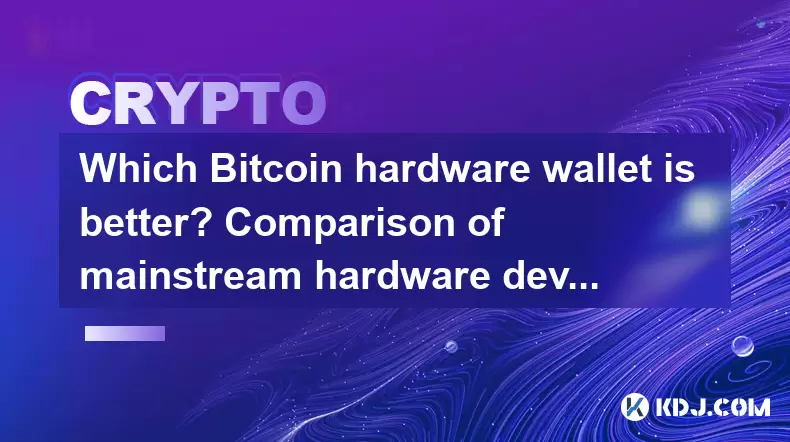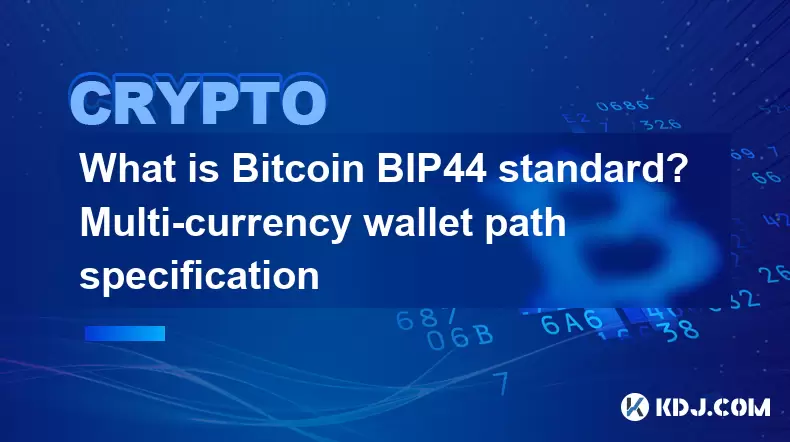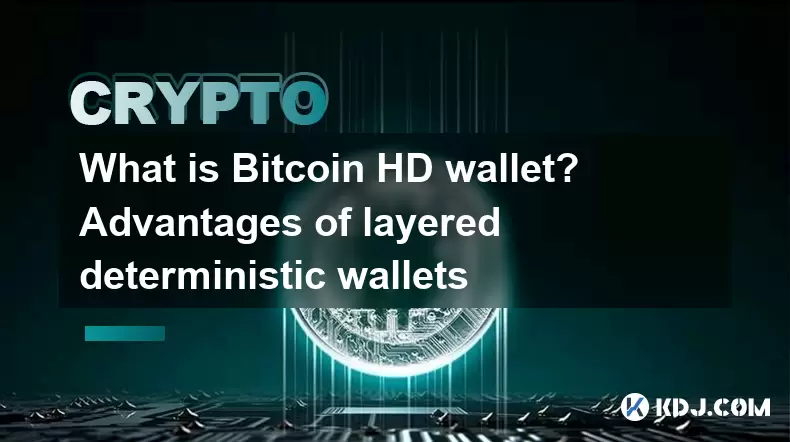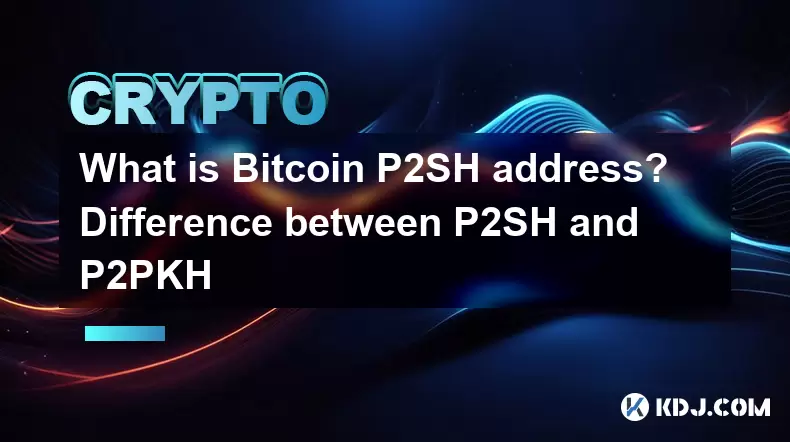-
 Bitcoin
Bitcoin $107,177.4639
-1.14% -
 Ethereum
Ethereum $2,491.2037
-0.61% -
 Tether USDt
Tether USDt $1.0002
0.01% -
 XRP
XRP $2.2429
1.26% -
 BNB
BNB $657.3356
0.28% -
 Solana
Solana $155.4695
1.22% -
 USDC
USDC $0.9999
0.00% -
 TRON
TRON $0.2807
1.56% -
 Dogecoin
Dogecoin $0.1651
-2.72% -
 Cardano
Cardano $0.5729
-1.27% -
 Hyperliquid
Hyperliquid $39.6884
-0.35% -
 Bitcoin Cash
Bitcoin Cash $507.4439
0.67% -
 Sui
Sui $2.7830
-4.69% -
 Chainlink
Chainlink $13.4283
-2.75% -
 UNUS SED LEO
UNUS SED LEO $9.0352
-0.48% -
 Avalanche
Avalanche $17.9622
-4.71% -
 Stellar
Stellar $0.2388
-1.01% -
 Toncoin
Toncoin $2.9152
-0.08% -
 Shiba Inu
Shiba Inu $0.0...01143
-4.04% -
 Litecoin
Litecoin $86.1768
-2.26% -
 Hedera
Hedera $0.1501
-1.98% -
 Monero
Monero $325.6175
4.22% -
 Polkadot
Polkadot $3.4095
-4.60% -
 Dai
Dai $1.0000
0.01% -
 Bitget Token
Bitget Token $4.5457
-1.85% -
 Ethena USDe
Ethena USDe $1.0002
-0.01% -
 Uniswap
Uniswap $7.1505
-3.76% -
 Aave
Aave $275.8099
-0.99% -
 Pepe
Pepe $0.0...09777
-6.00% -
 Pi
Pi $0.5071
-5.03%
What are Bitcoin's hard forks and soft forks?
Bitcoin's hard forks, like Bitcoin Cash, create new cryptocurrencies via irreversible blockchain splits, while soft forks, such as SegWit, are backward-compatible upgrades improving the original chain without division.
Mar 13, 2025 at 11:45 pm

Key Points:
- Hard forks: Create entirely new cryptocurrencies, incompatible with the original blockchain. They involve significant changes to the protocol rules.
- Soft forks: Introduce backward-compatible changes. Nodes running older software can still validate transactions created by nodes running the new software.
- Differences: Hard forks split the blockchain, while soft forks maintain a single blockchain. The impact on the cryptocurrency ecosystem differs significantly.
- Causes: Hard forks often arise from disagreements within the community about the direction of the cryptocurrency's development. Soft forks are typically used for bug fixes or security improvements.
- Examples: Bitcoin Cash (BCH) is a prominent example of a Bitcoin hard fork. SegWit (Segregated Witness) is a well-known example of a Bitcoin soft fork.
What are Bitcoin's Hard Forks and Soft Forks?
Bitcoin, being an open-source project, allows for modifications and upgrades to its underlying code. These modifications are implemented through forks, categorized into two main types: hard forks and soft forks. Understanding these is crucial for comprehending Bitcoin's evolution and the emergence of altcoins.
Hard Forks: A Blockchain Split
A hard fork is a permanent, irreversible change to the Bitcoin protocol that renders the old blockchain incompatible with the new one. This results in a split, creating two separate cryptocurrencies. One continues on the original blockchain, while the other operates on the newly forked blockchain. This often happens due to disagreements among developers or miners regarding the direction of Bitcoin's development, such as scaling solutions or transaction fees. The split creates two distinct cryptocurrencies, each with its own block reward, transaction history, and community.
- How they work: A hard fork requires a majority of the network's mining power to agree on the new rules. If miners don't upgrade, they're essentially mining on an obsolete chain.
- Consequences: Hard forks can lead to significant price volatility for both the original and the forked cryptocurrency. It also potentially divides the community and creates competition.
Soft Forks: Backward Compatibility
In contrast to hard forks, soft forks are backward-compatible upgrades to the Bitcoin protocol. This means that nodes running older software can still validate transactions created by nodes running the updated software. The new rules are essentially optional, and the network doesn't split. They are commonly used for implementing bug fixes, security improvements, or relatively minor protocol adjustments.
- How they work: A soft fork only requires a majority of the network's nodes to adopt the new rules. Older nodes can still process transactions, albeit potentially with some limitations.
- Consequences: Soft forks generally have a smoother implementation process and cause less disruption to the Bitcoin network.
Key Differences Between Hard Forks and Soft Forks
The fundamental difference lies in their compatibility. Hard forks create incompatible changes, leading to a blockchain split, while soft forks maintain compatibility. This impacts the overall network and its users differently. Hard forks can create new cryptocurrencies, fostering competition and innovation, but also potential chaos. Soft forks, on the other hand, generally allow for smoother upgrades and improvements without fracturing the network.
Causes of Forks
Disagreements within the Bitcoin community are a major driver of both hard and soft forks. These disagreements often center on scaling solutions, security vulnerabilities, or the overall philosophy of Bitcoin's future development. Hard forks typically occur when there's a significant disagreement, leading to a split. Soft forks are frequently implemented to address minor issues or enhance existing functionalities.
Examples of Bitcoin Forks
Bitcoin Cash (BCH) is a prominent example of a hard fork. It emerged from disagreements about Bitcoin's scaling capacity. SegWit (Segregated Witness) is a notable example of a soft fork that improved transaction efficiency and scalability without splitting the blockchain. Many other altcoins are also the result of Bitcoin hard forks.
Frequently Asked Questions:
Q: Can I still use my old Bitcoin after a hard fork?
A: Yes, your Bitcoin on the original chain remains yours. However, you may also receive equivalent cryptocurrency on the newly forked chain, depending on the specific hard fork and your wallet's compatibility. You'll need a new wallet to manage the forked cryptocurrency.
Q: Are all forks successful?
A: No. Many forks fail to gain traction and are eventually abandoned. A successful fork requires significant community support, development effort, and mining power.
Q: How do I participate in a hard fork?
A: If you hold Bitcoin, you'll need to secure your private keys and utilize a compatible wallet to access any new cryptocurrency generated by the hard fork. The exact procedure varies depending on the specific fork and your wallet provider.
Q: What are the risks associated with hard forks?
A: The main risks include price volatility, potential loss of funds if you don't manage your private keys properly, and the complexity of managing multiple cryptocurrencies.
Q: What's the difference in security between the original and a forked cryptocurrency?
A: The security of a forked cryptocurrency depends on its own network's hash rate and community support. It's not automatically as secure as the original Bitcoin, and careful research is needed before engaging.
Disclaimer:info@kdj.com
The information provided is not trading advice. kdj.com does not assume any responsibility for any investments made based on the information provided in this article. Cryptocurrencies are highly volatile and it is highly recommended that you invest with caution after thorough research!
If you believe that the content used on this website infringes your copyright, please contact us immediately (info@kdj.com) and we will delete it promptly.
- Ruvi AI: Is This Token Gem Delivering Real ROI?
- 2025-07-01 06:30:11
- Bitcoin Price, Robinhood, & BTC Momentum: What's the Deal?
- 2025-07-01 06:30:11
- PNG Membership Soars to Record High: A Deep Dive into Growth and What It Means
- 2025-07-01 06:50:11
- Bitcoin's Breakout to $110K: What's the Real Deal, New York?
- 2025-07-01 06:50:11
- Valhalla Beckons: Norse Mythology Meets Blockchain Gaming
- 2025-07-01 07:10:11
- Valhalla Beckons: Norse Mythology Meets Blockchain Gaming
- 2025-07-01 06:55:12
Related knowledge

Which Bitcoin hardware wallet is better? Comparison of mainstream hardware devices
Jun 16,2025 at 02:08am
What Is a Bitcoin Hardware Wallet?A Bitcoin hardware wallet is a physical device designed to securely store the private keys associated with your cryptocurrency holdings. Unlike software wallets, which are more vulnerable to online threats, hardware wallets keep private keys offline, significantly reducing the risk of unauthorized access. These devices ...

What are Bitcoin non-custodial wallets? Self-controlled private key recommendation
Jun 16,2025 at 11:29pm
Understanding Bitcoin Non-Custodial WalletsA Bitcoin non-custodial wallet is a type of digital wallet where users retain full control over their private keys. Unlike custodial wallets, which are managed by third-party services such as exchanges, non-custodial wallets ensure that only the user can access and manage their funds. This means no intermediary...

What is Bitcoin BIP44 standard? Multi-currency wallet path specification
Jun 15,2025 at 04:08pm
Understanding the BIP44 Standard in Bitcoin and CryptocurrencyThe BIP44 standard, which stands for Bitcoin Improvement Proposal 44, is a widely adopted hierarchical deterministic wallet structure used across various cryptocurrencies. It defines a structured path format that enables wallets to support multiple currencies while maintaining consistency and...

What is Bitcoin HD wallet? Advantages of layered deterministic wallets
Jun 16,2025 at 03:56pm
Understanding Bitcoin HD WalletsA Bitcoin HD wallet, or Hierarchical Deterministic wallet, is a type of cryptocurrency wallet that generates multiple keys and addresses from a single seed phrase. Unlike traditional wallets that create random private keys for each transaction, an HD wallet follows a structured hierarchy to derive keys in a deterministic ...

Is Bitcoin zero-confirmation transaction risky? Zero-confirmation usage scenarios
Jun 15,2025 at 03:57am
Understanding Zero-Confirmation Transactions in BitcoinBitcoin zero-confirmation transactions, often referred to as 'unconfirmed transactions,' are those that have been broadcast to the network but have not yet been included in a block. This means they have not received any confirmations from miners. While these transactions can be useful in certain con...

What is Bitcoin P2SH address? Difference between P2SH and P2PKH
Jun 16,2025 at 09:49pm
Understanding Bitcoin P2SH AddressesA Pay-to-Script-Hash (P2SH) address in the Bitcoin network is a type of address that allows users to send funds to a script hash rather than directly to a public key hash, as seen in earlier address formats. This innovation was introduced through BIP 16, enhancing flexibility and enabling more complex transaction type...

Which Bitcoin hardware wallet is better? Comparison of mainstream hardware devices
Jun 16,2025 at 02:08am
What Is a Bitcoin Hardware Wallet?A Bitcoin hardware wallet is a physical device designed to securely store the private keys associated with your cryptocurrency holdings. Unlike software wallets, which are more vulnerable to online threats, hardware wallets keep private keys offline, significantly reducing the risk of unauthorized access. These devices ...

What are Bitcoin non-custodial wallets? Self-controlled private key recommendation
Jun 16,2025 at 11:29pm
Understanding Bitcoin Non-Custodial WalletsA Bitcoin non-custodial wallet is a type of digital wallet where users retain full control over their private keys. Unlike custodial wallets, which are managed by third-party services such as exchanges, non-custodial wallets ensure that only the user can access and manage their funds. This means no intermediary...

What is Bitcoin BIP44 standard? Multi-currency wallet path specification
Jun 15,2025 at 04:08pm
Understanding the BIP44 Standard in Bitcoin and CryptocurrencyThe BIP44 standard, which stands for Bitcoin Improvement Proposal 44, is a widely adopted hierarchical deterministic wallet structure used across various cryptocurrencies. It defines a structured path format that enables wallets to support multiple currencies while maintaining consistency and...

What is Bitcoin HD wallet? Advantages of layered deterministic wallets
Jun 16,2025 at 03:56pm
Understanding Bitcoin HD WalletsA Bitcoin HD wallet, or Hierarchical Deterministic wallet, is a type of cryptocurrency wallet that generates multiple keys and addresses from a single seed phrase. Unlike traditional wallets that create random private keys for each transaction, an HD wallet follows a structured hierarchy to derive keys in a deterministic ...

Is Bitcoin zero-confirmation transaction risky? Zero-confirmation usage scenarios
Jun 15,2025 at 03:57am
Understanding Zero-Confirmation Transactions in BitcoinBitcoin zero-confirmation transactions, often referred to as 'unconfirmed transactions,' are those that have been broadcast to the network but have not yet been included in a block. This means they have not received any confirmations from miners. While these transactions can be useful in certain con...

What is Bitcoin P2SH address? Difference between P2SH and P2PKH
Jun 16,2025 at 09:49pm
Understanding Bitcoin P2SH AddressesA Pay-to-Script-Hash (P2SH) address in the Bitcoin network is a type of address that allows users to send funds to a script hash rather than directly to a public key hash, as seen in earlier address formats. This innovation was introduced through BIP 16, enhancing flexibility and enabling more complex transaction type...
See all articles

























































































